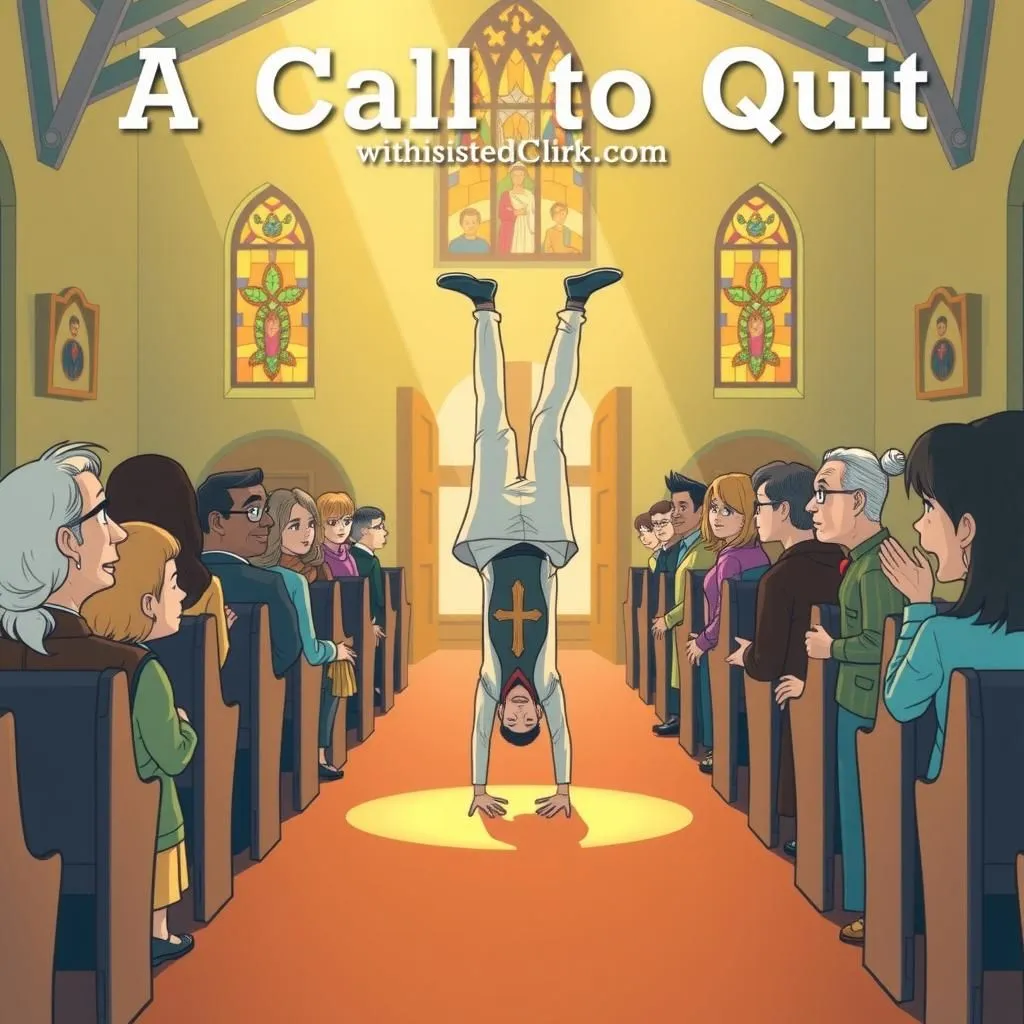
The Bat and the Weasels
In this thought-provoking moral story, a clever Bat encounters two different Weasels, each time using his wits to adapt his identity and escape being eaten. First, he deceives one Weasel by claiming to be a mouse, and then he convinces another that he is not a mouse but a Bat, showcasing the importance of resourcefulness in difficult situations. This short story serves as an educational moral tale about the value of turning circumstances to one's advantage.


